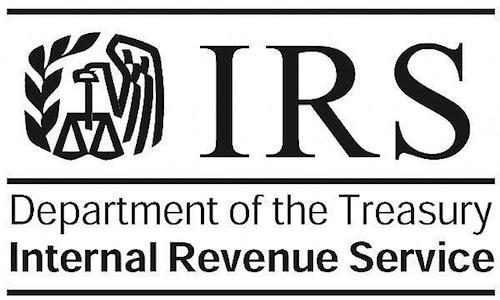After years of low examination rates, the IRS announced it will increase audits of small businesses: by 50 percent. This news comes during a time when complex tax law changes and economic stimulus programs in response to COVID-19 have made businesses’ books even more complicated than usual.
The Illinois CPA Society (ICPAS) cautions this could lead to audits and enforcement actions against businesses ranging from long-held family-owned operations to the many online businesses launched as the pandemic drags on.
With the IRS planning to hire more specialized auditors to begin strengthening its enforcement efforts by February 2021, ICPAS offers the following tips to safeguard your business interests and help avoid an audit:
- Keep clear records: Accurately and honestly reporting all income, deductions, credits, expenses, and other figures can help keep an audit at bay. Making sure you have adequate documentation to support the figures reported on your business’ information return will make your individual tax return less likely to be have errors or be audited.
- Mind your deductions: Unusual itemized deductions raise red flags for auditors, especially now that most taxpayers only claim the standard deduction. If your small business is driving you to seek unique deductions or report business losses, enlist the help of a certified public accountant (CPA) to guide you, because reporting losses for three years or more could increase your risk of an examination into whether you’re actually in business.
- Make your estimated tax payments: If you anticipate owing more than $500 in taxes for your business entity throughout the year, you should be making quarterly estimated tax payments. Failing to make these payments raises your risk of an audit and/or penalties.
- Go digital: Today’s bookkeeping software utilizes tools to keep your records accurate and secure, which helps your CPA electronically prepare and file your tax returns—the best method for preventing the filing of erroneous returns that might trigger an audit.
- Read up on the rules: Since many small businesses are formed as partnerships, it’s important to determine if yours is subject to the Centralized Partnership Audit Regime introduced by the Bipartisan Budget Act of 2015, which dramatically changed IRS partnership audit procedures.
Given the complexities of recent tax law and audit procedure changes, enlisting the help of an expert might be your best business decision this year. A CPA is strategically positioned to help small business owners prepare for what’s ahead. The Illinois CPA Society’s free “Find a CPA” directory can assist in your search for the trusted, strategic advisor that’s right for you based on location, types of services needed, industries served, and languages spoken. Find your CPA at www.icpas.org/findacpa.
Thanks for reading CPA Practice Advisor!
Subscribe Already registered? Log In
Need more information? Read the FAQs




